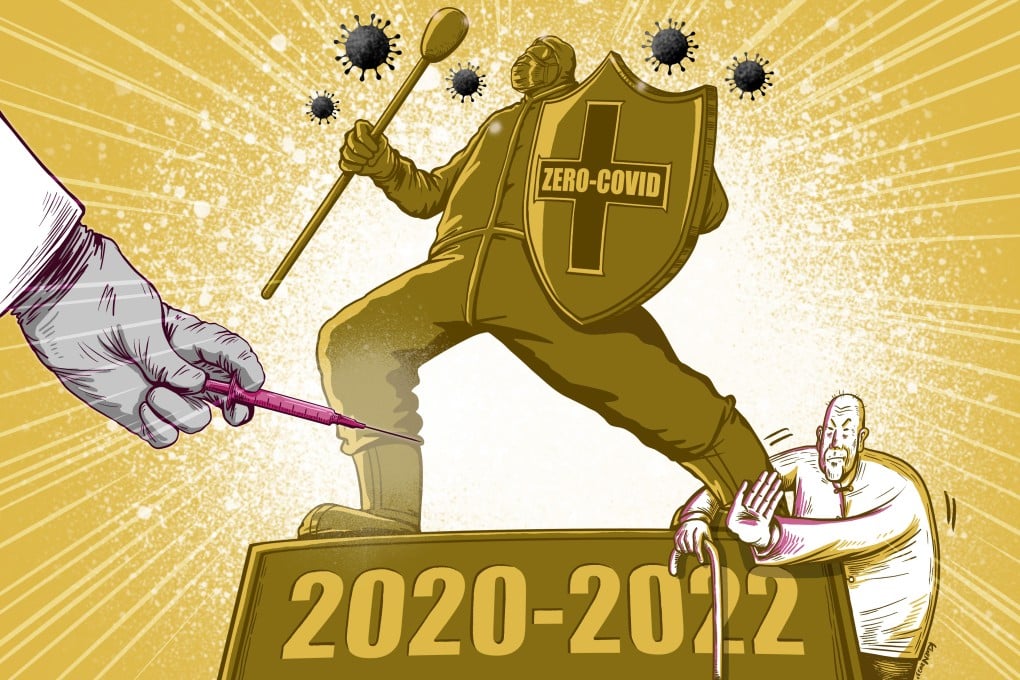Were China’s 3 years of strict Covid controls a wasted opportunity?
- Medical and economic analysts says the country bought itself time and saved lives but failed to prepare for the lifting of controls
- Despite locking cities down for prolonged periods and imposing strict control on movements, the low vaccination rate among the elderly may prove a crucial error

China has defended its strict zero-Covid policies for helping the country withstand the early waves of the pandemic with relatively little loss of life and buying it time over the past three years to prepare for the return to normality.
Analysts said the policy carried heavy social and economic costs, while putting the country’s global leadership on the line – with some arguing that the failure to vaccinate many elderly people and prepare for the inevitable spike in cases meant that much of the grace period won by the lockdown had been “wasted”.
Just before new year, Li Bin, the health vice-minister, set out Beijing’s case, telling reporters: “In the past three years, we withstood the shock of five waves of a global outbreak through strict controls.
“We successfully kept away the vast spread of the highly pathogenic wild strain and Delta variant. We greatly reduced severe illness and death, while winning precious time for the development and deployment of vaccines and drugs, as well as medical and other resources.”
He also said that following the lifting of controls, the main focus was on “protecting health and preventing severe illness”. He added that the change “will help us better adapt to changes in virus mutation and outbreak … and minimise the impact of Covid-19 on economic and social development”.
